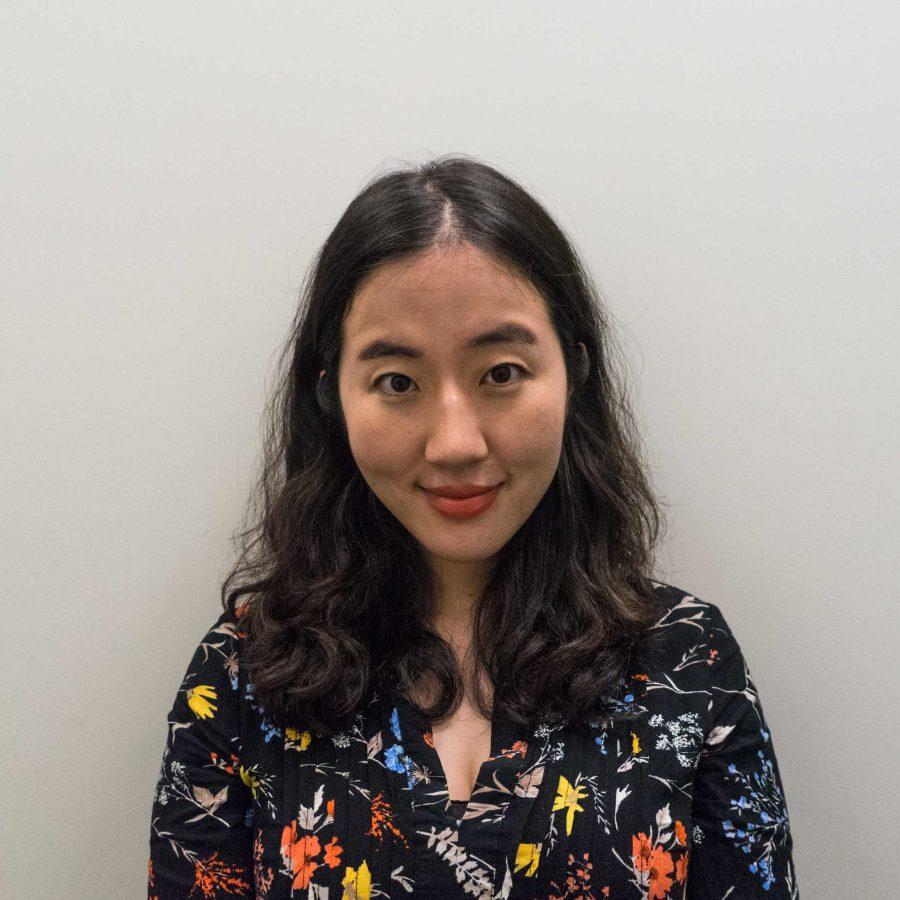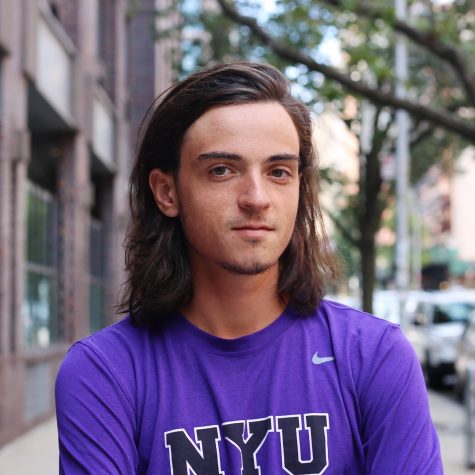Before Asian artists were essentially barred from taking prominent roles, there was a silent film star who enjoyed fame and recognition all across the United States. Sessue Hayakawa, born and raised in Japan and never granted U.S. citizenship, was a famous sex symbol after his Hollywood debut in 1914, before the heydays of Rudolph Valentino. What is most striking about Hayakawa’s case is that it shows us that in a world prior to the conditioning of popular media and stereotypes, an Asian American was able to rise to the top.
After a peer in my Tisch program introduced me to Hayakawa, I was immediately intrigued by him. He was often typecast as an Asian villain or lover in most of his movies throughout the silent film era of the 1910s and early ’20s. Though this casting is problematic itself — it reflects the American fear of the surreptitious orient which still endures today — I marvel at the fact that an Asian man was widely perceived as attractive by the United States’ mostly-white population. Hayakawa’s career was shaken by a number of factors, but it bears mentioning how the 1930s production code restricting even the mere portrayal of miscegenation in films further limited Hayakawa’s breadth as an actor, since he could not be involved in a romance with a female character who was not Asian.
His widespread acclaim is surprising, since Asian actors aren’t often portrayed as leading men in popular media today. Only recently with the release of “Crazy Rich Asians” were Asian men marketed as attractive. I have heard from ethnically Asian men who feel that they are seen as categorically unattractive and emasculated.
In an interview with the Huffington Post, Asian American model Kevin Kreider said, “When I was in grade school I remember just wanting to take this girl out to a dance, and when she told me that she didn’t find Asian guys attractive, I was like, ‘oh my God. What’s wrong with being an Asian guy? Why don’t we seem attractive and what’s wrong with me?’”
Kreider explained the microaggressions he faced in his college years — a girl once complimented him by saying, “you’re really good looking for an Asian guy.”
It seems that we all have been conditioned to believe that people of certain races and ethnicities innately possess certain attributes, namely that Asians are weak, subordinate and foreign. These stereotypes take a toll, as they pave the way for microaggressions and outright discrimination. What’s even scarier is that rather than recognizing and rejecting these harmful beliefs, people freely embrace them as facts. Kevin Kreider’s grade school crush seems to have done the same, adopting a learned bias against Asian men.
With that being said, it is saddening to think that an Asian actor who was granted such publicity is seldom remembered or celebrated anymore — it’s as if he had been erased from history. Sessue Hayakawa, though, is a case pointing to the fact that Asian men can be as masculine as their white or black counterparts. We must take the time to analyze the stereotypes that influence us and push against them.
Art in Color is a column that strives to answer the question of how artists of color — who set themselves apart from other artists with their ethnicity and the exotic quality their works possess — meet the challenges posed by the beloved visionary of creation.
A version of this article appeared in the Monday, Nov. 26 print edition.
Opinions expressed on the editorial pages are not necessarily those of WSN, and our publication of opinions is not an endorsement of them.
Email Ash Ryoo at [email protected].
























































































































































